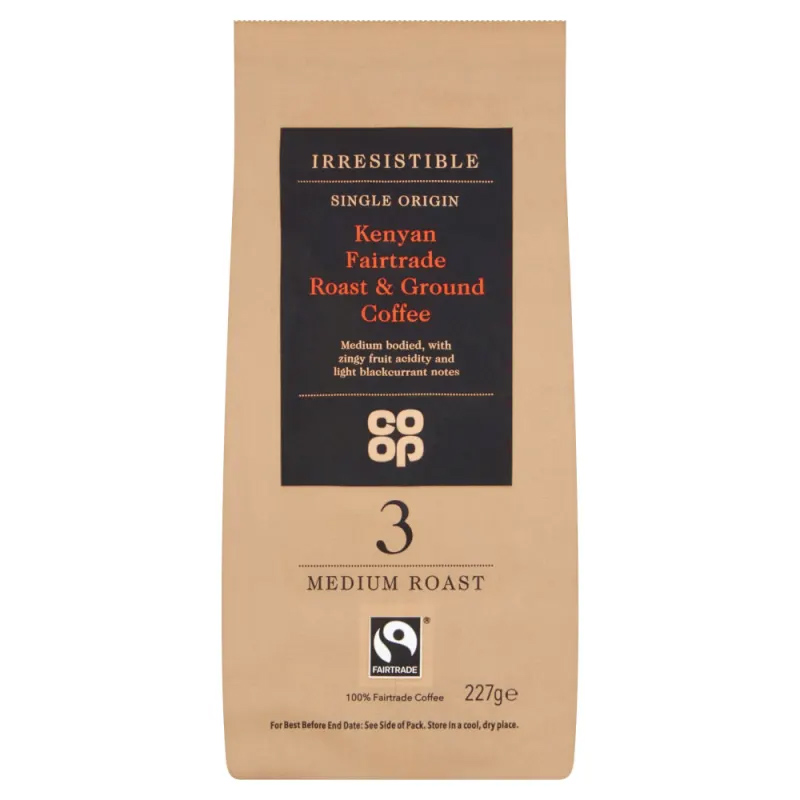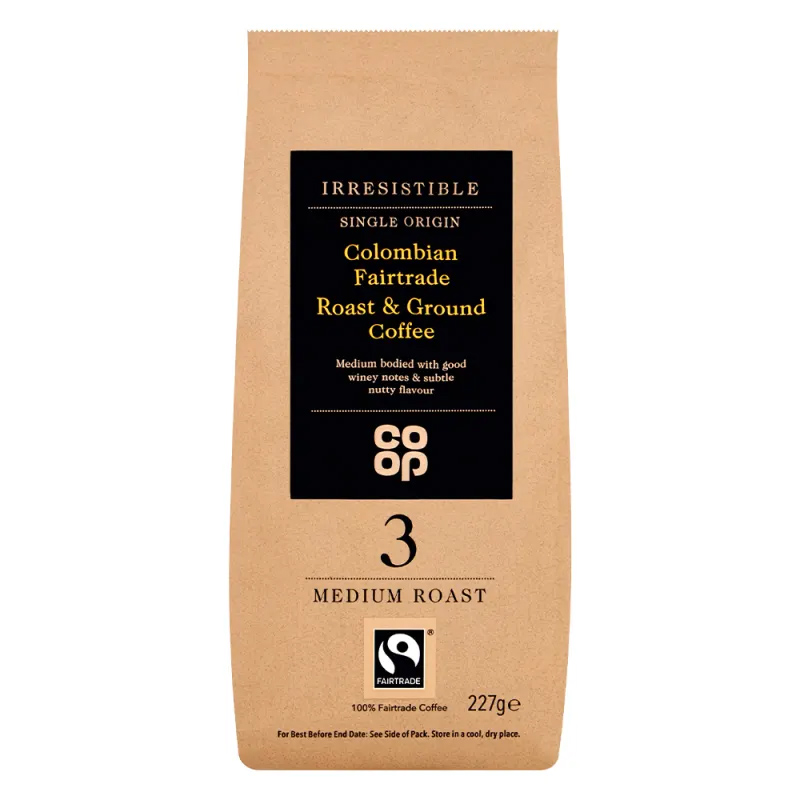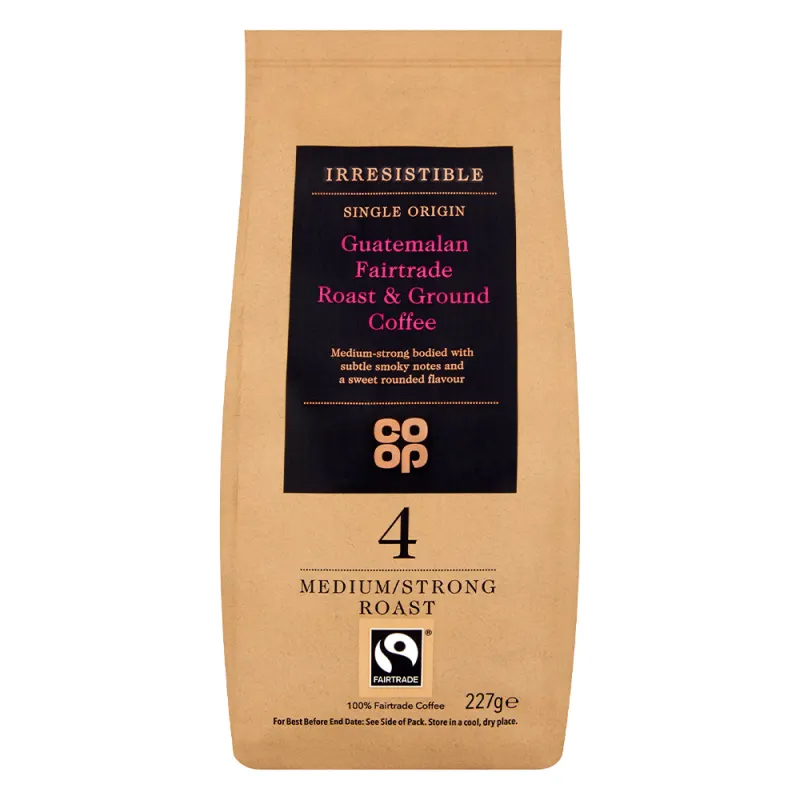According to the Fairtrade Foundation ”Every day we drink 2 billion cups of coffee worldwide. From mocha and macchiato to flat white and latte, the coffee market is worth tens of billions of pounds.”
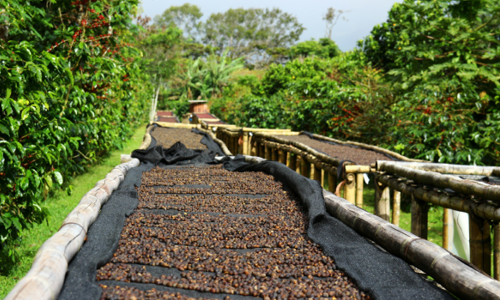
In this article, we discover that Around 125 million people worldwide depend on coffee for their livelihoods. It is one of the most valuable and widely traded tropical agricultural products and is mainly produced by smallholder farmers. Many of them however are unable to earn a reliable living from the coffee they produce.
£1.37 a day is how much the average non-Fairtrade coffee farmer lives on.
Coffee is well known for being a boom and bust commodity. Global coffee production varies from year to year according to weather conditions, disease and other factors, resulting in a coffee market that is inherently unstable and characterised by wide fluctuations in price. This price volatility has significant consequences for those who depend on coffee for their livelihood, making it difficult for growers to predict their income for the coming season and budget for their household and farming needs.
Behind every cup
From bean to cup, the supply chain behind the scenes of the cups of coffee we enjoy is complex. From growers, traders, processors, exporters, roasters to retailers before it finds itself in our shopping basket. And while we, as consumers have little idea of the journey that coffee has been on, neither do the farmers. They don’t know where their coffee is going or ultimately what price it is sold for in the end.
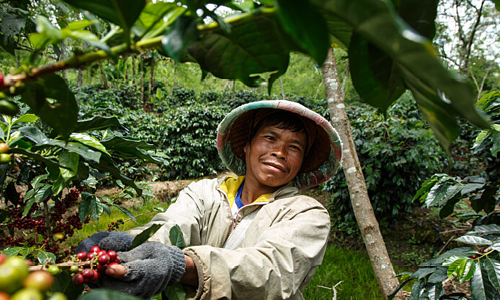
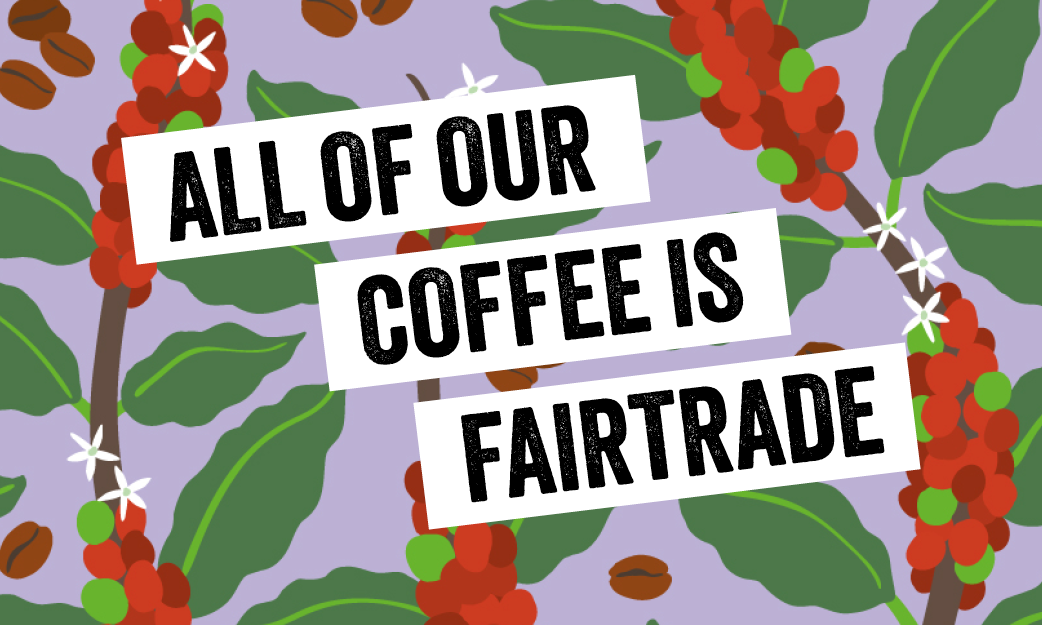
Why is Fairtrade important?
This content was originally published on The Fairtrade Foundation
Fairtrade was started in response to the dire struggles of Mexican coffee famers following the collapse of world coffee prices in the late 1980s. With Fairtrade, certified coffee producer organisations are guaranteed to receive at least the Fairtrade Minimum Price for their coffee, which aims to cover their costs of production and act as a safety net when market prices fall below a sustainable level. Through their producer organisations, farmers also receive the additional Fairtrade Premium to invest in business or community improvements. At Fairtrade we care about improving quality, and Fairtrade coffee farmers must use at least 25 per cent of the Fairtrade Premium to enhance productivity and quality, for example by investing in processing facilities. In 2018, certified coffee farmers earned an estimated €76.6 million in Fairtrade Premiums that were invested in farmer services and community projects.
The easiest way to spot a certified coffee is to look out for the FAIRTRADE Mark.
All Co-op own brand coffee is Fairtrade and has been since 2003.


